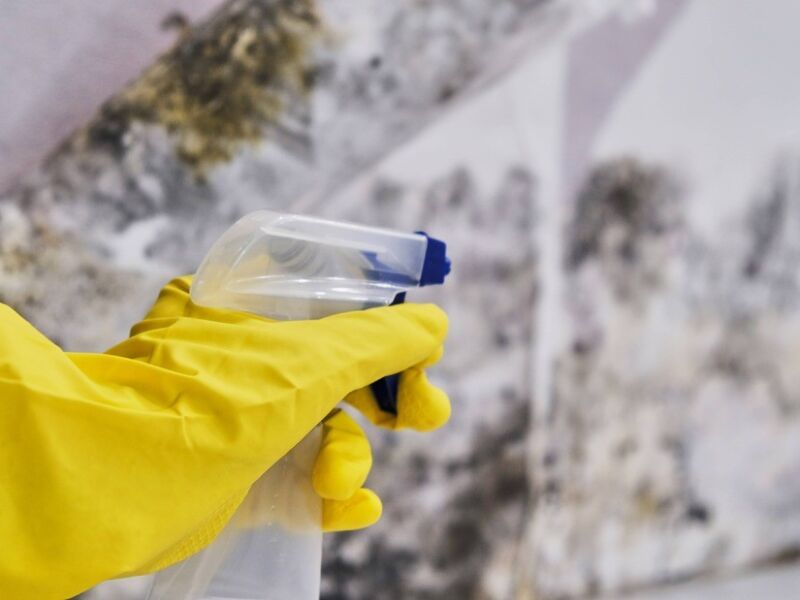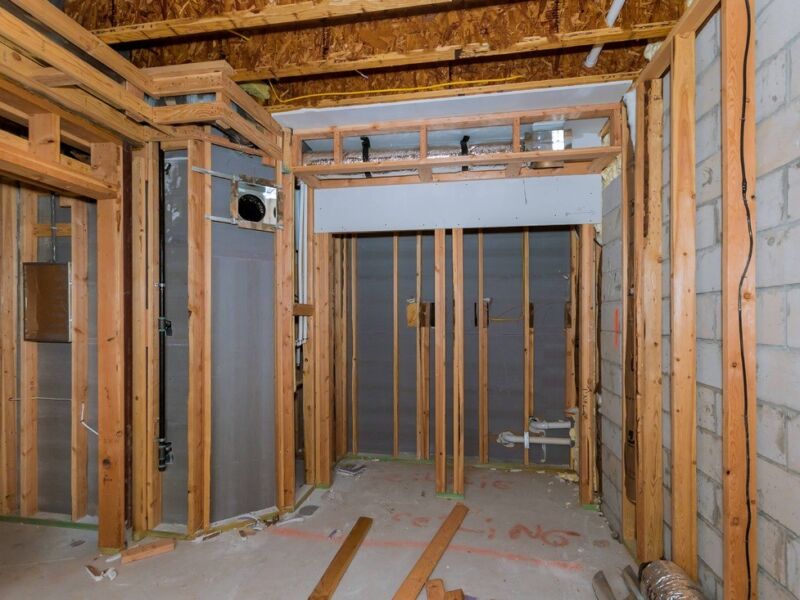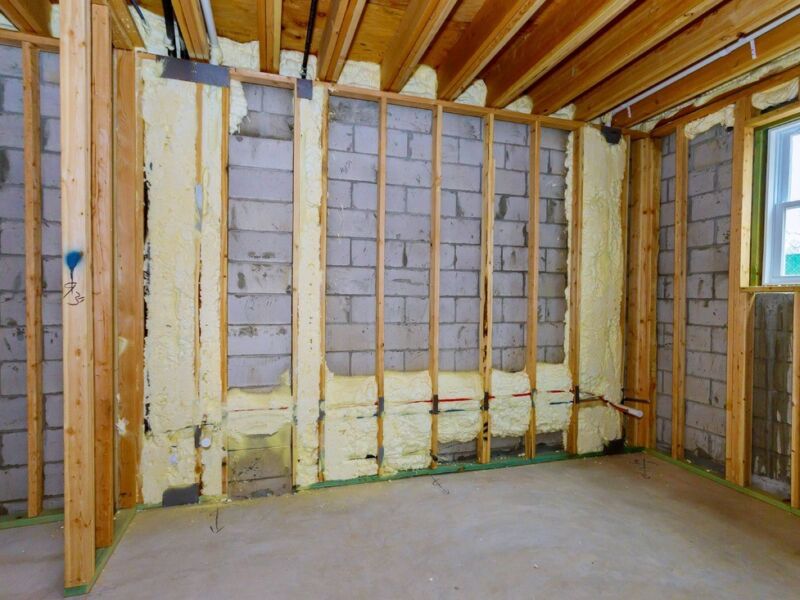
Introduction
Construction projects pose several risks, and one of the most significant ones is basement flooding. During construction, the excavation and changing ground conditions can result in water seepage and flooding in basements. This can lead to extensive water damage, affecting the foundation, walls, and belongings. In this article, we will explore the risks of basement flooding during construction and discuss effective measures to protect your property from water damage.
Understanding the Risks
When it comes to basement flooding during construction, several factors contribute to the increased risk. These include inadequate drainage systems, heavy rainfall, faulty sump pumps, and appliance failures. The altered landscape and construction activities can disrupt the natural water flow, leading to water accumulation near the basement walls.
Inadequate Drainage Systems
Proper drainage is crucial to prevent basement flooding. However, during construction, drainage systems may be compromised, leading to water accumulation in the surrounding area. Dirt and debris often clog drains, preventing water from draining away effectively.

Heavy Rainfall
Construction sites are vulnerable to heavy rainfall, especially if the project is underway during the rainy season. Excessive rainwater can overwhelm the compromised drainage systems and result in basement flooding.
Faulty Sump Pumps
Sump pumps are designed to remove excess water from basements and crawl spaces. However, construction activities can damage or displace these pumps, rendering them ineffective. A faulty sump pump can significantly increase the risk of basement flooding.
Appliance Failures
During construction, various appliances and systems may be temporarily disconnected or repositioned. If not properly secured or reinstalled, these appliances can cause leaks or flooding. For example, a disconnected water supply line can lead to water damage if not promptly addressed.
Protecting Your Property
Taking proactive steps to prevent basement flooding during construction can save you from costly repairs and extensive water damage. Here are some effective measures:
1. Waterproofing
Investing in basement waterproofing is crucial to protect your property. This can involve applying waterproof coatings to basement walls, installing French drains, and ensuring that the foundation is properly sealed.

2. Regular Inspections
Regularly inspecting the construction site for any signs of drainage issues or potential risks can help identify and address problems before they escalate. This includes checking the condition of drainage systems, sump pumps, and any exposed pipes.
3. Proper Grading
Ensure that the area surrounding the construction site is properly graded to facilitate proper water drainage. Proper grading directs water away from the foundation, reducing the risk of basement flooding.
4. Temporary Water Management Solutions
Implementing temporary water management solutions, such as installing drainage channels or using sandbags to redirect water flow, can help mitigate the risk of basement flooding during construction.
5. Prompt Response to Leaks
Any signs of leaks or water intrusion should be addressed immediately. This includes addressing any disconnected or damaged water supply lines, repairing faulty sump pumps, and ensuring that all appliances are properly functioning.
6. Professional Water Damage Restoration Services
In the unfortunate event of basement flooding, it is essential to seek professional water damage restoration services. These experts have the knowledge, equipment, and experience to effectively mitigate the damage, restore the affected areas, and prevent further issues such as mold growth.
Conclusion
Basement flooding during construction can lead to significant water damage and costly repairs. Understanding the risks, implementing preventive measures, and seeking professional assistance when needed can help protect your property from water damage. By taking proactive steps, you can ensure a safe and secure construction process, minimizing the risk of basement flooding and its associated consequences.
FAQs
1. How can I prevent basement flooding during construction?
- Invest in basement waterproofing
- Regularly inspect the construction site
- Ensure proper grading
- Implement temporary water management solutions
- Respond promptly to leaks and water intrusion
- Seek professional water damage restoration services
2. What should I do if my basement floods during construction?
- Contact a professional water damage restoration company
- Ensure the safety of the area and any occupants
- Document the damage for insurance purposes
- Take immediate action to remove water and dry the affected areas
It is essential to seek professional assistance to mitigate the damage, prevent mold growth, and restore your basement.



